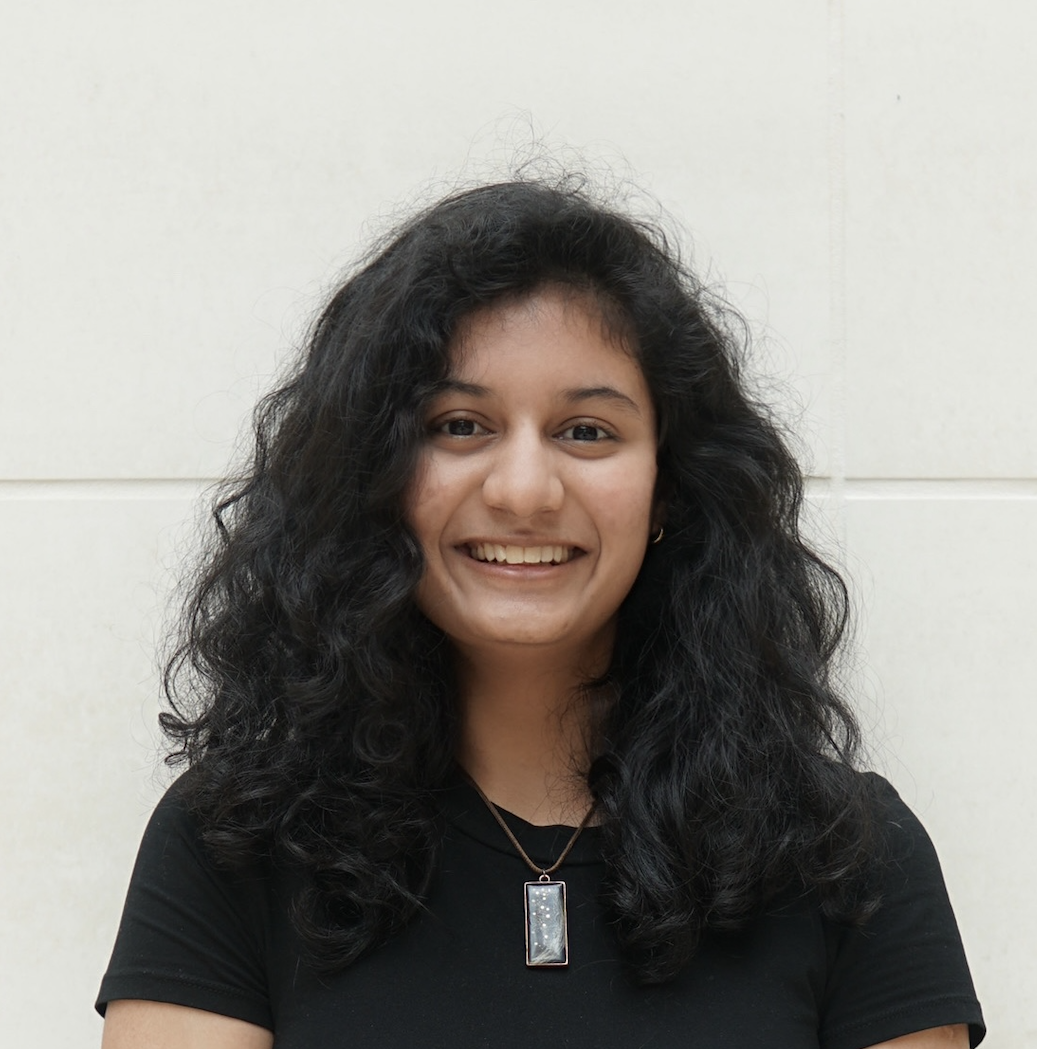
Anjali Parthasarathy
Anjali Parthasarathy’s Story
Anjali is a recipient of the Work Learn International Undergraduate Research Award (WLIURA). This award provided partial funding for Anjali to work as a full-time research assistant with the Animal Welfare Program (AWP) for four months.
I am a third-year student in the Honours Integrated Sciences major with a focus on Immunology and Biochemistry. I was drawn to the Work Learn position “Social Perceptions of the Use of Gene-Editing Technology in Animal Science” with the Animal Welfare Program because I have an interest in genetics and gene editing. In most of my classes, I have been exposed to the more technical aspects of gene editing. This Work Learn complements the technical work I do by allowing me to learn about the social and ethical dimensions of gene editing that are equally important and should be addressed. Understanding what members of the public think about gene editing is important, and scientists should keep public perceptions in mind throughout the research process including prior to, during and post-project completion.
In my position, I have been exposed to a variety of research methods and techniques. Specifically, I have learned how to do team-based coding of grey literature documents, qualitative coding of survey data, and I am reviewing the survey literature to investigate the foundation ideas, frameworks and methods used to study public perceptions of gene editing.
One specific project I am working on is the analysis of open-ended survey responses about gene editing that participants found on search engine platforms. The aim of this analysis is to take a closer look at how many survey participants searched for and found answers about gene editing on the internet, whether they paraphrased their responses or copy-pasted them, and identify the websites that the participants used.
The Animal Welfare Program has taught me so much in terms of research ethics and advocating for animal welfare. I have gained a better understanding of what actually goes on in animal research behind the scenes and how these research methodologies are approached. Furthermore, working with this research team has opened my eyes to the intricacies involved in addressing public perceptions on a controversial topic. I have loved learning about the different kinds of ongoing studies ranging from gene editing and dairy cattle welfare to grey literature reviews.
My Work Learn position with the Animal Welfare Program has been an incredible experience over the summer. I loved the people I worked with and they were nothing but helpful and supportive. It helped me build strong connections and learn more about a field I previously had no experience in. I would definitely recommend anyone interested in animal welfare to look more into this wonderful program as it was a great way to get research experience.
International students enrolled at UBC can explore opportunities through the Work Learn International Undergraduate Research Award alongside a faculty member; Domestic students enrolled at UBC can explore the opportunity of research through NSERC USRA. UBC students can also explore other Work Learn positions, many of which are related to research. These are part time and generally posted in August for the fall and winter terms and in March/April for the summer term – check out their website for details.